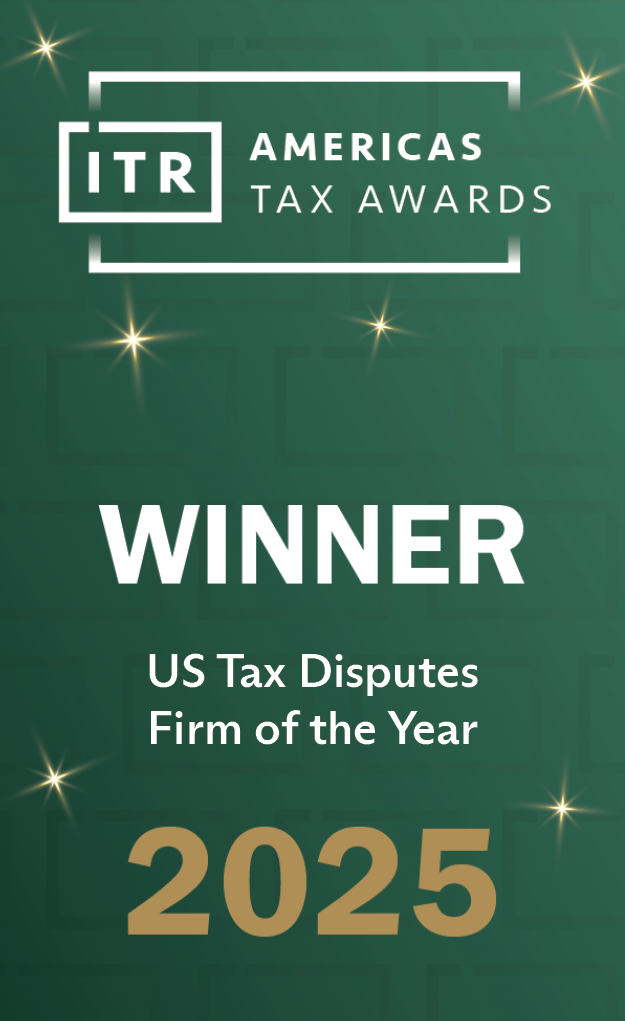The recent Zhang v. United States case, Docket No. 21-17093 (9th Cir. Oct. 18, 2022), serves as a reminder that the Internal Revenue Service (IRS) can force you to disclose and share your tax information with foreign governments. The taxpayers in Zhang appealed the decision from the US District Court for the Northern District of California denying their petition to quash an IRS summons for information. The summons was at the request of the Canadian tax authority pursuant to a bilateral tax treaty between the United States and Canada. The US Court of Appeals for the Ninth Circuit reaffirmed that the IRS can seek information for, and on behalf of, a foreign government as long as the request satisfies the accepted guidelines of requesting information in the United States—for example, the “good faith” requirement announced in United States v. Powell, 379 U.S. 48, 57-58 (1964).
So why do we highlight Zhang for you? In this ever-increasing world of tax information transparency, taxpayers need to be mindful of the ability of tax authorities to share information with each other and adjust their taxes accordingly. During a tax audit, it’s a strategic decision as to what tax information to share and what not to share with each tax authority. Telling different stories to different tax authorities could lead to more intrusive audits/scrutiny and higher overall tax bills and could even lead to criminal prosecution. Below are some basic principles to keep in mind:
- There are three primary methods as to how countries share tax information with each other:
- Automatic Exchanges
- Spontaneous Exchanges
- Targeted Requests
- Automatic exchanges are becoming increasingly used by countries (g., BEPS Action 5 and the Foreign Account Tax Compliance Act) because they are automatic and routine and usually associated with standardized financial/bank transactions.
- A spontaneous exchange occurs when one country sees something of interest and alerts another country about a potential tax issue or as part of a joint audit by the countries.
- These exchanges are usually facilitated by provisions in bilateral tax treaties.
- The IRS’s Internal Revenue Manual (g., IRM 4.60.1.3) has detailed instructions for IRS employees on how to handle these treaty exchanges.
- Targeted requests (like in Zhang) are typically initiated by one country that is a party to an information exchange treaty to seek information needed by that country in its tax investigation of its resident or citizen.
- In such a case where a foreign government makes a request of the US government through a treaty, the IRS Office of the Competent Authority on the US side handles the request. (See, e.g., IRM 4.60.1.2.2.4.)
- If the US taxpayer does not comply with the IRS request for information made by the foreign government (usually in the form of an “Information Document Request”), the IRS can use its administrative summons power to enforce the summons in court (which is what happened in Zhang).
Practice Point: It is crucial to be strategic [...]
Continue Reading
read more


 Subscribe
Subscribe




